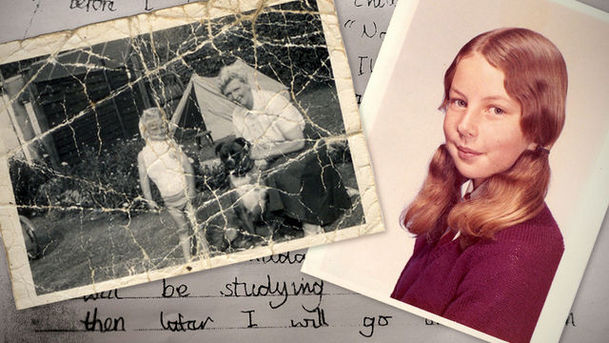When I Grow Up - Episode 5

Forty years ago 14,000 youngsters across Britain were asked to write about where they saw themselves in the future - their jobs, family lives, belongings, living environments and leisure pursuits. Those essays have now been followed up by the Nuffield Foundation as a way of finding out how far ambition at an early age shapes what happens in later life. This is the first time that media access has been granted to those who have taken part in their research. As well as evidence of ambition the essays offer lovely detail about how the eleven year olds imagined life would be at 25, with one writing: "my husband would have just won £200 so we decided to go to the moon for our holiday while we had not got any children." The series covers the following five areas: jobs, family lives, living environments, leisure pursuits and belongings that they imagined owning when first studied. The findings suggest that children who are ambitious go on to enjoy greater success than those with lower aspirations. Once background and ability were accounted for, children did better if they set themselves lofty goals. It reveals that, even if a child is economically disadvantaged or less able, having high ambitions at around the time they leave primary school means that they are significantly more likely to have a professional job, though not necessarily the one that they predicted. Producer: Sue Mitchell.